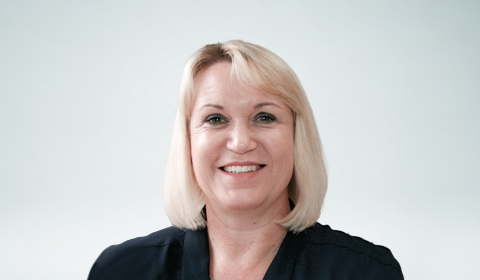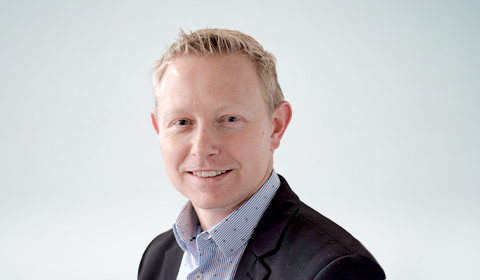“Where does the power come from to see the race to its end?" asks the sprinter Eric Liddell in a scene from Chariots of Fire. His answer—“from within” – is a stirring sentiment, and perhaps a window into the future of claims assessment.
Studies now show that the power to overcome a devastating injury or disabling illness is linked to levels of “biopsychosocial” support. It turns out that recovery rates are not related purely to obvious medical factors but to a complex web of biological, psychological, and social conditions. More resilient individuals with strong support systems are far more likely to return to work faster.
In other words, the power comes from within. RGA is now developing a new interviewing approach for disability claims assessment aimed at helping claims assessors better identify where barriers to recovery lie – whether medical, psychosocial, or occupational – and more effectively manage duration for high-risk claims.
A more complete view of the claimant
The need for new thinking has become urgent amid lengthening disability claims durations, rising competitive pressures, and increasing commoditization. Within the past few years, insurers have expanded disability definitions to include functional as well as medical factors in an effort to mitigate risk and more effectively manage outcomes. But this may not be enough.
Insurers in some markets are seeing far more complex claims due to a rise in reported co-morbidities. For example, whereas in the past a claim may have included only a physical condition, today that disability is often compounded by anxiety or depression.
Greater complexity calls for more context, which the biopsychosocial model provides. With this approach, the claimant’s medical condition is just one component of the assessment. Of equal importance is the individual’s psychological and social state, encompassing such characteristics as personality and resilience.
In particular, the claimant’s ability to adapt to change is essential to evaluating his or her capacity to cope with a health crisis as well as other occupational and lifestyle stressors. A growing body of research supports this connection between personality, social support, and recovery (Social Support and Physical Health, B.N. Uchino). Deeper insight could enable assessors to provide more personalised case management – and potentially deliver better outcomes.
Introducing Morgan
But how does a claims assessor evaluate all these nuanced and complex factors? The claims interview.
RGA has worked with a team of psychologists to develop Morgan, an intelligent claims duration management tool. Morgan consists of a series of questions specifically designed to unearth insights into personality traits, motivation levels, and social support systems that might facilitate – or inhibit – a successful return to work. The intent is to assist claims assessors in identifying which cases are high-risk and in need of more intensive case management.
Claims are placed through Morgan at various parts of the assessment journey and a score is generated. This score identifies which subsets of the claim are likely to be more challenging and guides the assessor in managing these aspects further. It comprises a set of 15 categories, ranging from medical condition and occupational information to social support, personality, and resilience factors.
Once all 15 categories have been completed, Morgan then calculates an overall risk score, which gives the assessor an indication regarding the appropriate future management strategy for the claim (high risk, moderate or low risk). Insight into the review strategy is also provided, including how often the claim should be reviewed and what information would likely be required. Morgan is not a decision-making tool, but rather guides the assessor and offers practical advice to better manage claims duration.
Of course, it’s not just what – but how – the assessor asks a question that can yield the most actionable and honest answers. Hence the name for this approach: Morgan is intended to represent not just a set of questions, but a personality. In other words, the words and phrases reflect a character – or avatar – who is nonjudgmental and engaging. As part of a pilot in South Africa, claims assessors have been trained to adopt the character of Morgan to deliver the questions; it is not difficult to imagine future applications such as chatbots and other technologies.
After all, Morgan represents something truly new. The responses gathered will reveal predictors of claim duration beyond the industry’s traditional age, medical condition, and occupational indicators.
In an increasingly complex world, the trend in poor disability experience is perhaps not a trend at all; it is a symptom of context. Within this context lies an opportunity to reinvent what we do. Ultimately, a deeper understanding of claimants could lead to more sustainable, and better, disability cover for more people.





